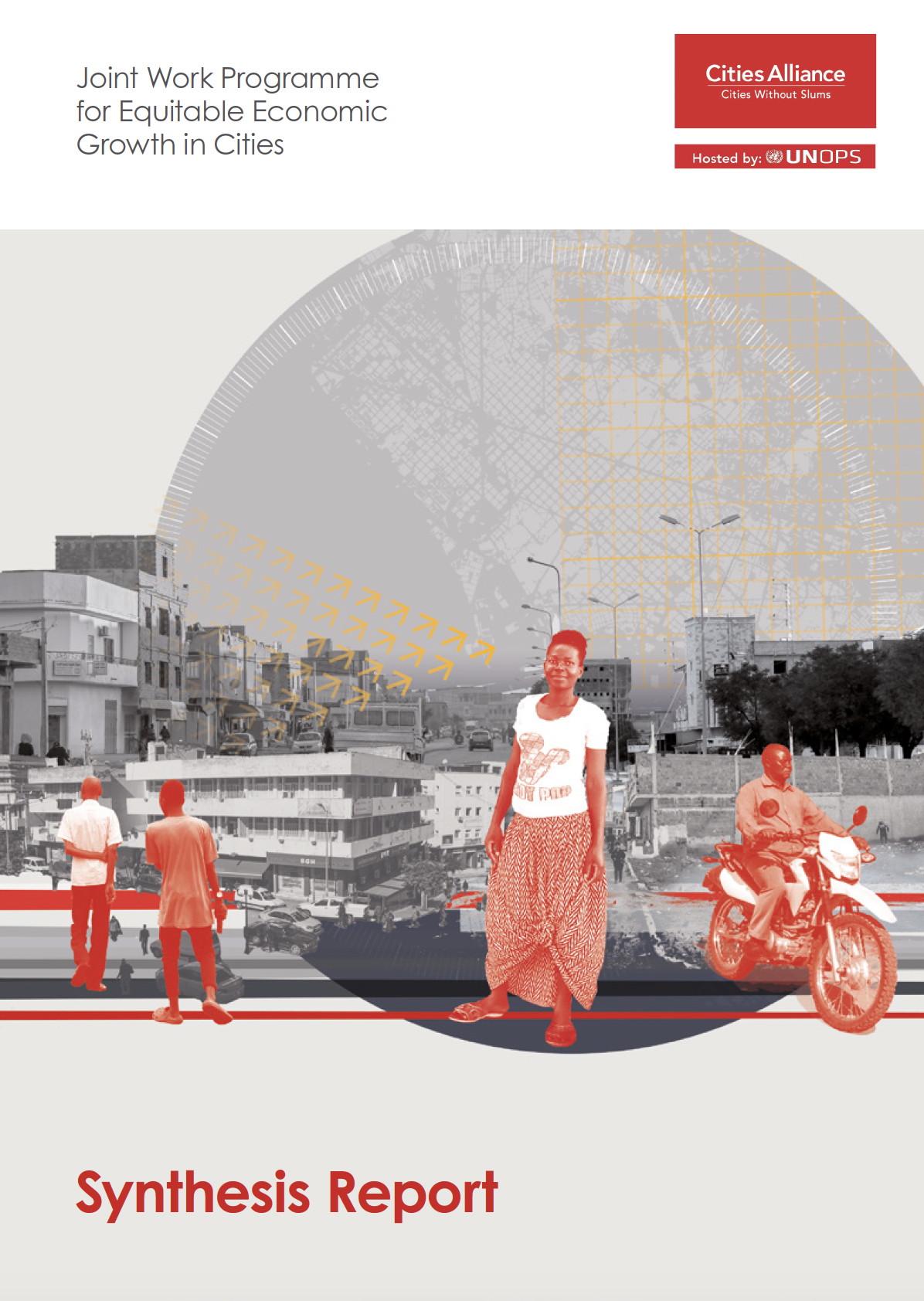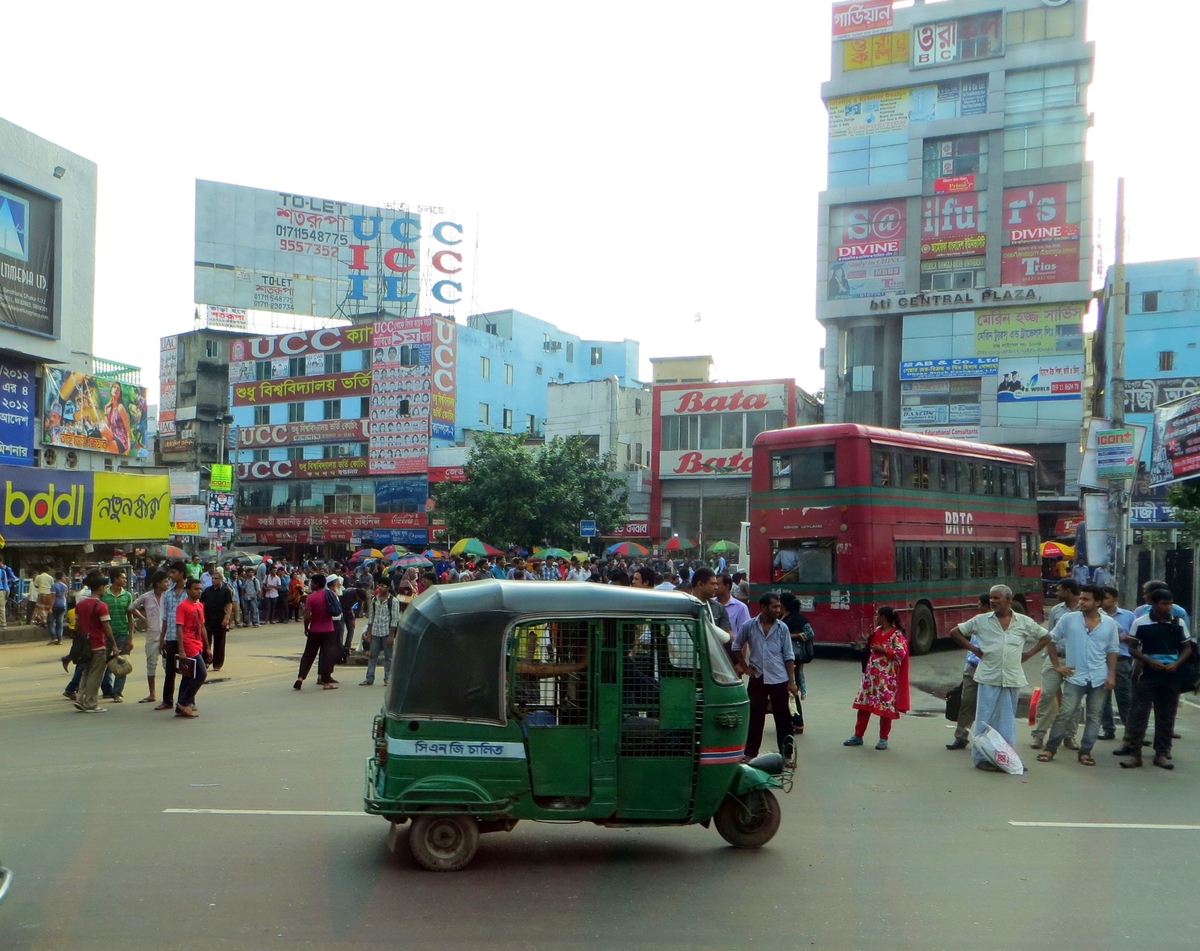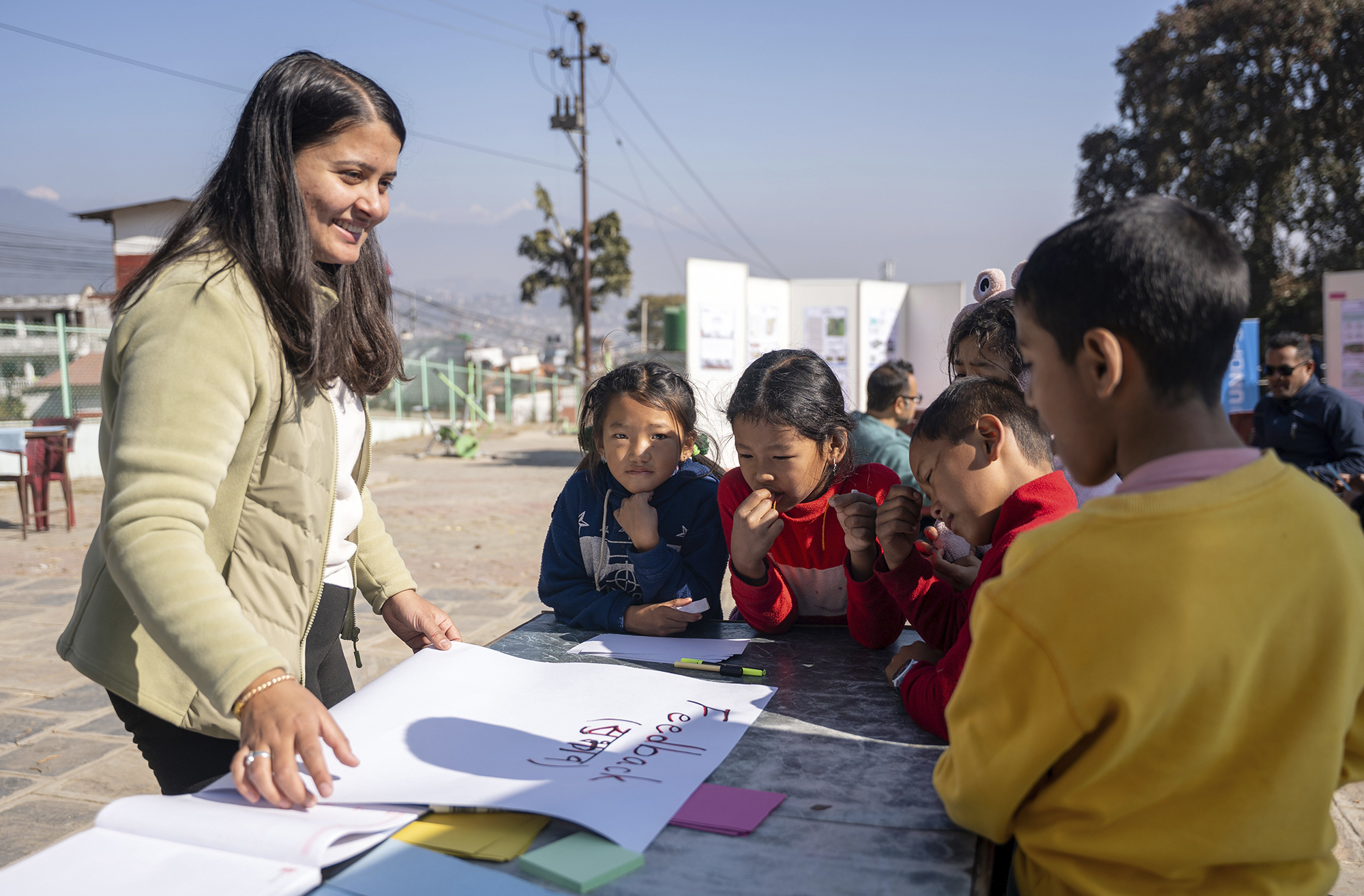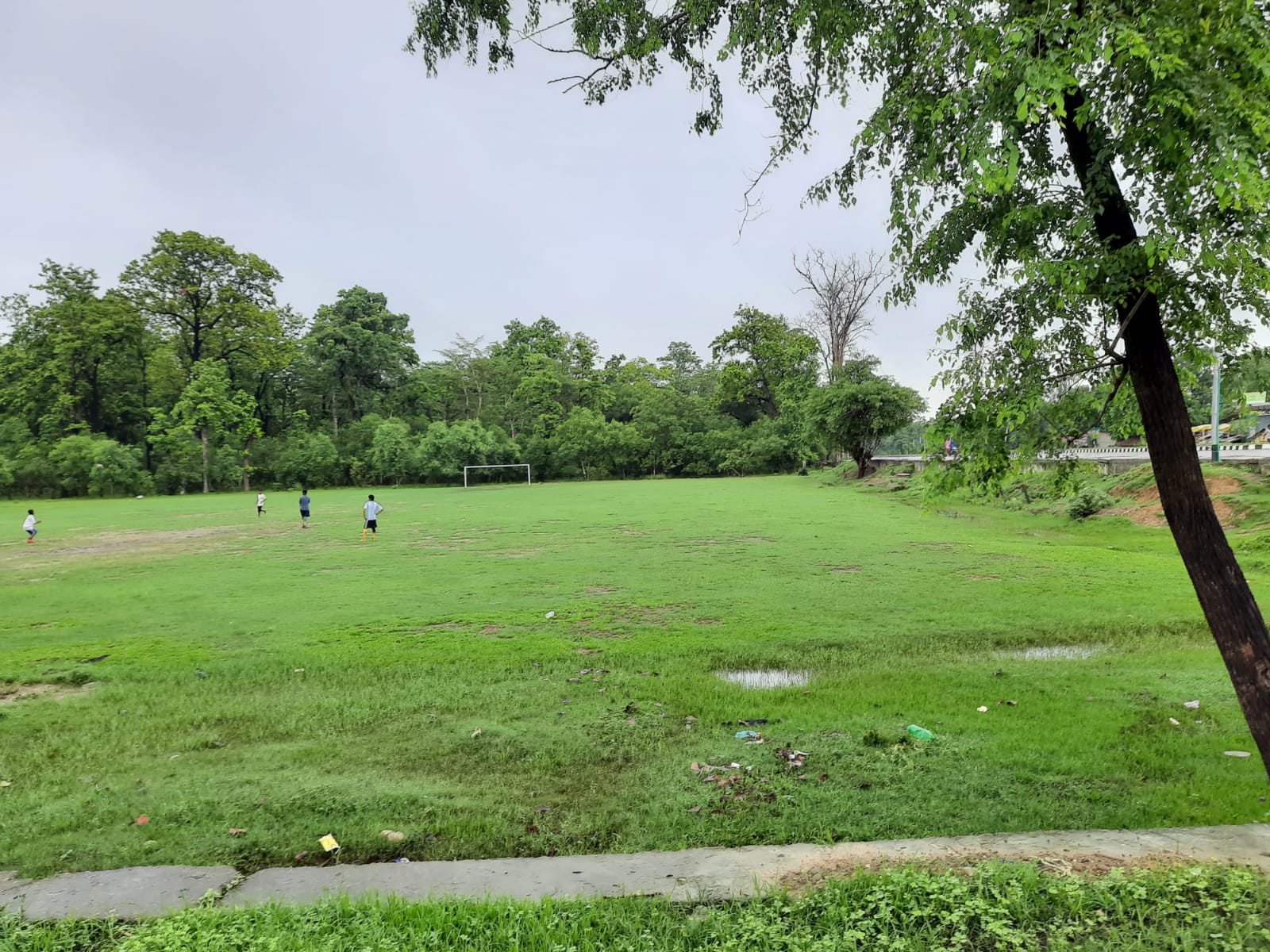The JWP-EEG Synthesis Report is the culmination of the Cities Alliance’s four-year Joint Work Programme (JWP) focused on fostering equitable economic growth (EEG) in cities. The programme has had two key objectives: (i) to understand the links between the provision of public goods and services, and EEG trajectories in secondary cities in the Global South, and (ii) to recommend ways whereby public goods and services can be provided in a manner that maximises EEG.

Through the JWP-EEG, CA worked with local governments, city stakeholders and development partners to produce global knowledge, facilitate policy dialogues, support city-level diagnostics, and help frame policy recommendations to respond to the challenges of inequitable economic growth in cities. The JWP-EEG programme was funded and chaired by the United Kingdom’s Department for International Development (DFID), and implemented by the Cities Alliance Secretariat.
The primary purpose of this report is to synthesise the knowledge gained and lessons learnt from the four years of the programme. This report is part of the legacy of the programme and can be used to inform future EEG initiatives. As such, the report can be used by governments, international organisations or any other organisations that are seeking to design and implement initiatives aimed at fostering EEG.

The JWP-EEG was comprised of three components: Global Policy Dialogues; Global Knowledge Products; and The Campaign Cities Initiative. The three-component initiatives catalysed debate on approaches to EEG and delivered policy recommendations at global, national and local levels. The recommendations were complementary and mutually reinforcing. Knowledge generated at the global level informed action at the national and local levels, and the evaluation of outcomes at national and local levels helped refine policy recommendations and focus the knowledge products.
A key finding of the JWP-EEG is that measures to improve equitable access to public goods and services can and do have a direct and positive impact on EEG. We now have a better understanding of what levers need to be pulled in order to promote EEG.
Strengthening equitable access to public goods and services for the working poor, can ultimately support the structural transformation of city and national economies.
Future urban development initiatives can more effectively focus on ways to provide and manage public goods and services that directly relate to two of the most important development challenges of our day, namely equality and sustainability. Indeed, strengthening equitable access to public goods and services in a way which improves the employment opportunities and life chances of the working poor, can ultimately support the structural transformation of city and national economies.
The JWP-EEG has unearthed many pathways to EEG, which have been summarised in this synthesis report as the ‘people’s pathway’ (focusing on actions to improve the life chances of target social groups), the ‘economy pathway’ (focusing on building strong, productive city economies driven by EGG), and the ‘governance pathway’ (focusing on ways to ensure that city administrations can effectively identify and implement public good and service investments that drive EEG).





